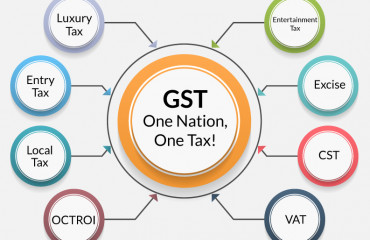
NEW DELHI: Union Minister for Road Transport & Highways Nitin Gadkari has urged automobile manufacturers to offer discounts to people for new purchases of vehicles against scrapping of old ones.
NEW DELHI: Union Minister for Road Transport & Highways Nitin Gadkari has urged automobile manufacturers to offer discounts to people for new purchases of vehicles against scrapping of old ones.
Addressing a gathering of auto industry executives at the annual convention of the Society of Indian Automobile Manufacturers (Siam), Gadkari asked for the industry's "cooperation" to make the scheme a success.
"I don't want to make it (the scrappage policy)mandatory... if a person has taken a scrapping certificate, [the OEMs]... if we can offer them some discount. For big trucks or buses it may be ₹50,000 and lesser for a smaller vehicle", Gadkari said.
India's vehicle scrappage policy came into effect 1 April 2022. Announced in Union Budget, the policy prescribes fitness tests for vehicles after 20 years in the case of personal vehicles, and 15 years for commercial vehicles.
"We have the potential to start at least three scrapping centres in each district. If every manufacturer can make their scrapping centres in different districts, it will result is significant cost reduction", the minister said, adding that recycling precious metals and raw materials obtained from the manufacturing process and put back into manufacturing is going to help the environment and also lower costs.
Addressing the industry, the minister said, "The pollution from old trucks is equal to the pollution of 15 new trucks. So scrapping old vehicles is very important from an ecological & environmental point of view as well."
He also said that the transport and steel ministries will urge the finance ministry to consider providing concession on Goods and Services Tax (GST) on the purchase of a new vehicle, currently taxed at 28% plus cess.
The minister also asked the industry to work on making higher-quality vehicles.
"I tell my friends in the automobile sector that you should be quality centric, not cost-centric... the choices of people are changing," he said.
